Updated On 19, Feb 2025
ERP, or Enterprise Resource Planning, is an advanced software with a comprehensive set of features that enables organisations to handle their core operations. It automates and streamlines a variety of activities, including financial transactions, human resource management activities, sales, etc.
activities, sales, etc. ERP systems that have been specifically designed for educational institutes provide an integrated platform that streamlines admissions, fee management, and other administrative activities.
Some of the core functionalities of the ERP systems are as follows:
Automated Processes
The ERP system automates day-to-day functions across different departments of an organisation, helping to streamline human resource activities, financial operations, etc.
Improved Efficiency
Automation of time-consuming administrative processes leads to reduced errors and inconsistencies; hence, organisations encounter improved efficiency.
Increased Collaboration
The ERP system provide a centralized platform for stakeholders (students, parents, teachers, admin) to communicate with each other, boosting accurate information sharing and productive collaborations.
Real-Time Information Exchange
The timely and smooth flow of information across different departments of educational institutes helps staff, students, and faculty remain updated and make informed decisions.
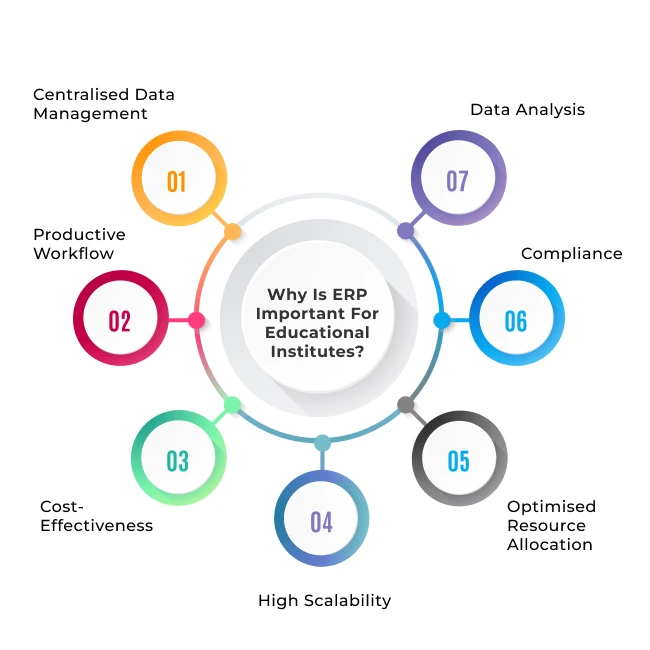
Why is ERP important for educational institutes?
Educational institutes require robust software to handle their extensive day-to-day operations; that is where ERP systems prove to be ideal software due to the following reasons:
1. Centralised Data Management
The ERP systems come with centralised platform stores and maintain extensive institutional data within a single database. As a result, stakeholders can retrieve information easily through a role-based access mechanism and eliminates data silos and inconsistencies.
Educational institutes don’t need to employ different tech solutions as the system’s integrated module incorporates cross-departmental information, ensuring data accuracy.
2. Productive Workflow
The system streamlines and integrates core organisational operations, such as enrolment, fee management, HR activities, attendance management, etc. Institute team members and students get real-time access to crucial information, leading to timely decision-making and productive workflow.
Furthermore, the system reduces manual errors and frees up time for admin staff and instructors to focus on other important tasks.
3. Cost-Effectiveness
Educational institutes do not need to invest in multiple standalone solutions, as the system is an all-in-one software that streamlines core operations. Consequently, it minimises licensing, maintenance, and IT infrastructure costs.
Furthermore, the automated data management processes reduce paperwork, eliminating associated costs and work overload. What’s more, institutes can monitor their expenditure, helping to identify cost-saving opportunities and prevent financial inconsistencies.
4. High Scalability
ERP systems like MasterSoft’s ERP system are highly scalable tools that have been designed specifically to meet the needs of educational institutes. Moreover, it can accommodate the increasing enrolment rates and academic and administrative demands while ensuring operational efficiency.
5. Optimised Resource Allocation
The system provides real-time data across different operations and resources such as faculty, finance and infrastructure. Therefore, it helps institute management to get insights into admissions, faculty workloads, etc.; therefore, they can allocate resources effectively.
Streamlining Campus Processes with MasterSoft’s Modern Education ERP System
6. Compliance
Institutes can leverage the software to maintain accurate records and ensure compliance with accreditation standards and national education policies. Furthermore, features like audit trails and role-based access control ensure data transparency and minimise the risk of non-compliance.
7. Data Analysis
The ERP software has advanced analytics features that help institutes track ongoing students’ performance, workflow productivity, attendance, and course enrolments. Moreover, predictive analytics allows institutes to identify patterns in admission and administrative functions.
The admin can generate reports on exam results, academic performance, and other areas, allowing them to determine the core issues. Hence, they can develop appropriate strategies and make data-driven decisions.
What is Cloud ERP?
Cloud ERP, or Enterprise Resource Planning, is a web-based ERP system that functions through the cloud infrastructure (internet). It has a centralised platform that integrates primary operations like financial management, procurement, communication, data analysis, etc.
Enhanced flexibility, security, and productivity are notable advantages of cloud ERP, and institutes do not need to invest in additional IT and hardware infrastructure. The system provider or vendor handles regular maintenance and security updates, eliminating the need to hire an in-house IT staff.
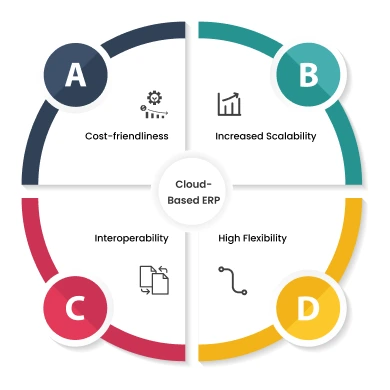
Why Should Educational Institutes Choose Cloud-Based ERP?
The smooth workflow of multiple operations is key to the organisational efficiency of educational institutes. That is where cloud-based ERP can provide an effective platform that ensures the following:
Cost-friendliness
On-premise ERP systems or manual/paper-based data collection and management systems are time-consuming and expensive. The hardware and software costs can be overwhelming, especially because it includes maintenance costs. On the contrary, cloud-based systems are subscription-based solutions, wherein institutes pay only for the features that they use.
Increased Scalability
On-premise systems might not function effectively, especially during peak hours of the admission phase; multiple tools functioning simultaneously can lead to technical glitches. However, cloud-based ERP systems function on remote servers; hence, institutes can operate effectively and add new modules and users conveniently.
Interoperability
Cloud-based ERP systems support interoperability with other systems such as Student Information Systems (SIS), Human Resource Management Systems, and Learning Management Systems (LMS). Consequently, institutes can integrate appropriate tech solutions according to their operational needs.
High Flexibility
Cloud-based solutions store data in a centralised database, enabling stakeholders (students, teachers, and admins) to access information from anywhere, anytime. For example, students can access learning materials, submit their assignments remotely, and get updates on upcoming exam schedules and academic events.
Robust Data Security
Online storing of data increases the risk of compromising key institutional information to security threats such as cyberattacks and data breaches. Fortunately, cloud-based ERP systems utilizes data backup and data recovery mechanisms, protecting data from unauthorized access and data loss.
How Do Educational ERP Systems Work?
1. Data Collection
Education ERP collects data from various sources, including student enrolments, attendance records, course curricula, etc. The system streamlines the information in a centralised database, which allows stakeholders to access it conveniently.
2. Integration of Modules
The institute’s admin or technical staff can integrate the ERP system with their existing system and other software, including LMS, HRMS, library management system, etc. This integration ensures that all the tech solutions work together in sync, leading to organisational workflow and reduced manual data entry.
3. User Management
The availability of different role-based portals, such as student, faculty, administrator, and parent portals, allows users to gain timely and secure access to institutional information. Moreover, role-based access control prevents unauthorised access to data.
4. Reporting and Analytics
The software collects data across different departments and generates real-time reports that help to analyse attendance trends, financial transactions, and resource utilisation.
Why MasterSoft’s Accreditation Management System is a Must-Have for Institutions?
What are some of the common ERP modules for an educational institution?
Education ERP includes several modules that organise the day-to-day administrative activities of educational institutes and help maintain operational effectiveness. Some of the common ERP modules are as follows:
- Student Management System - Manages comprehensive student data and improves admissions, attendance, and assessment grading.
- Learning Management System - Supports educators in creating, managing, and delivering course modules, learning content, and assessments.
- Examination Management System - Automates end-to-end examination formalities, helping to schedule, administer, evaluate exams, and share grades with students easily.
- Faculty Management System / Human Resource Management System - Manages staff recruitment, onboarding, and training, and observes the overall workflow, helping to manage workload.
- Library Management - Automates end-to-end library-related activities, enabling students to access various learning resources.
- Finance Management - Manages financial resources and activities, including tracking expenditures, budgeting and forecasting, payroll management, etc.
- Hostel Management - Simplifies hostel management activities by organizing room allocation, student registration, fee management, mess management, etc.
Types of ERP Deployment
Cloud-Based Deployment
Cloud-based ERP functions through remote servers, eliminating the need to integrate additional hardware or IT infrastructure. It is a highly scalable solution that accommodates the evolving institutional needs and provides automatic updates, making it an ideal choice for educational institutes.
On-Premise Deployment
On-premise deployment requires a dedicated IT team of staff, who will install the ERP software on the institute’s local servers. Furthermore, it involves high up-front costs, and the IT staff is responsible for ongoing maintenance, including maintenance and updates.
Hybrid Deployment
Hybrid deployment combines on-premise and cloud-based models, allowing institutes to leverage the benefits of both according to their needs. For example, they can store the student data in an on-premise model, whereas they utilise communication tools of the cloud-based system to facilitate regular interaction and exchange of information.
Best ERP Solution Provider for 2025
- Centralised Database - Most modern ERP systems have a centralized database that integrates cross-departmental information and provides timely access.
- Built-In Analytics - The system has built-in analytics and reporting features that institute team members can leverage to gain insights into core operations.
- Data Visualisation Tools - Dashboards, KPIs, and point-and-click analytics are common data visualisation tools that facilitate quicker analysis of data, providing insights into issues and trends.
- Deployment Choice - Cloud, on-premise, or hybrid.
- ERP Software Implementation Support
One of the most important aspects of choosing an ERP system is ensuring that the particular ed-tech company provides adequate vendor support. They must facilitate 24/7 pre- and post-ERP implementation support, helping to deal with technical issues.
Things to Look For in an ERP System
MasterSoft ERP Solutions is a notable name in the software company that has made considerable contributions over the last 25 years. Its innovative solutions have catered to the needs of various K-12 and higher educational institutions.
One of its primary and in-demand solutions is the ERP for higher education that has highly scalable and customisable features, enhancing the overall administrative and educational activities.
What’s more, MasterSoft’s team of experts and customer support service offers essential implementation assistance and training. Consequently, institute team members learn to navigate the software easily without facing mid-procedural issues, making MasterSoft an ideal choice for educational institutes.
Enhance Your Educational Performance with MasterSoft's ERP Solutions!
Mobile: 08448010216
Email:info@mastersofterp.com

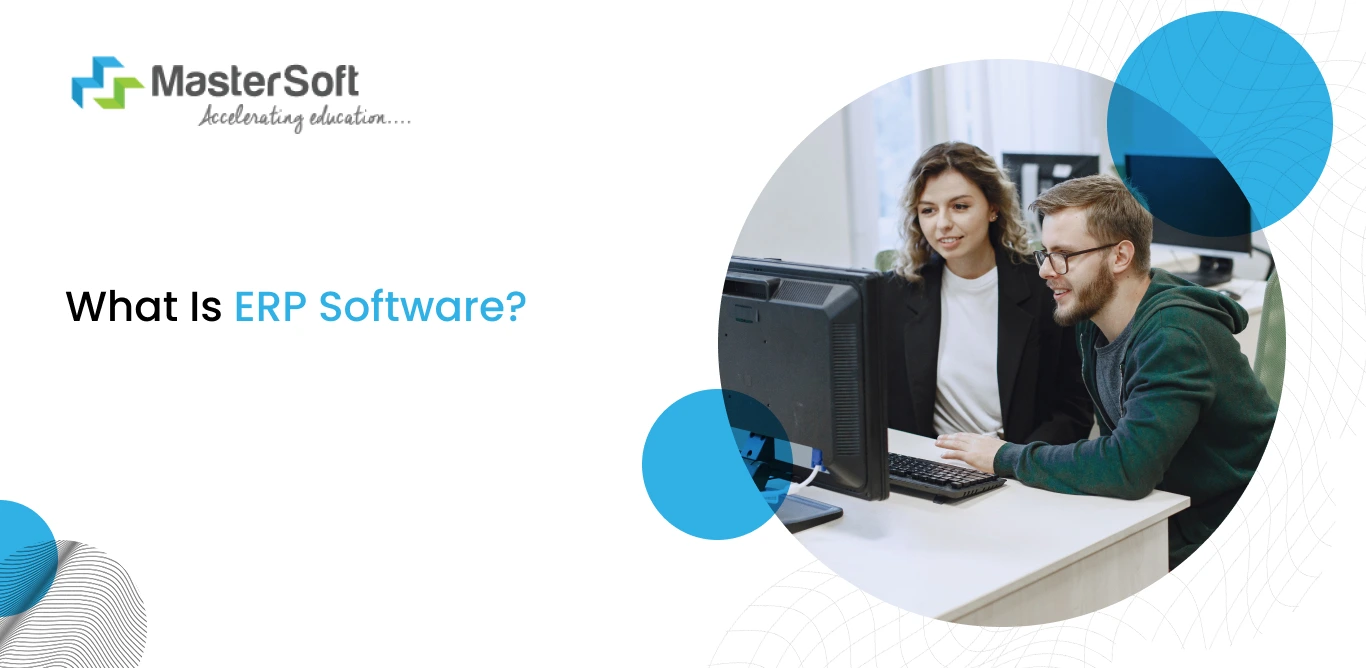

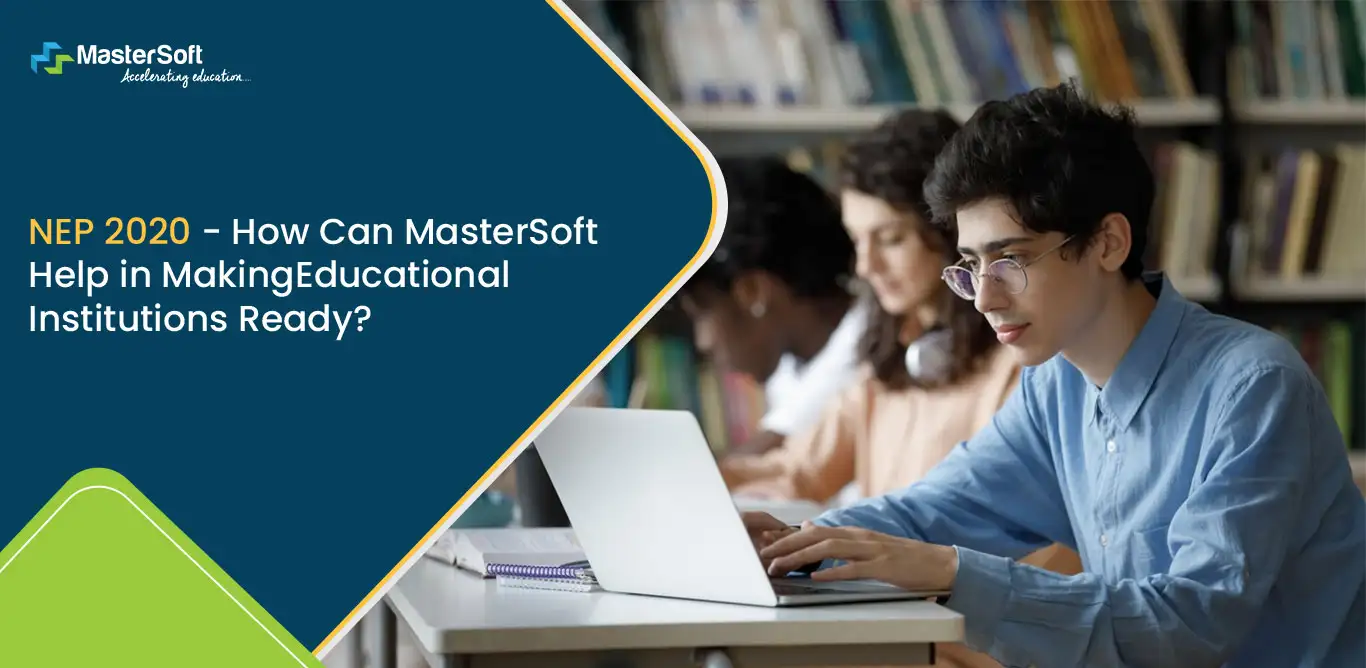

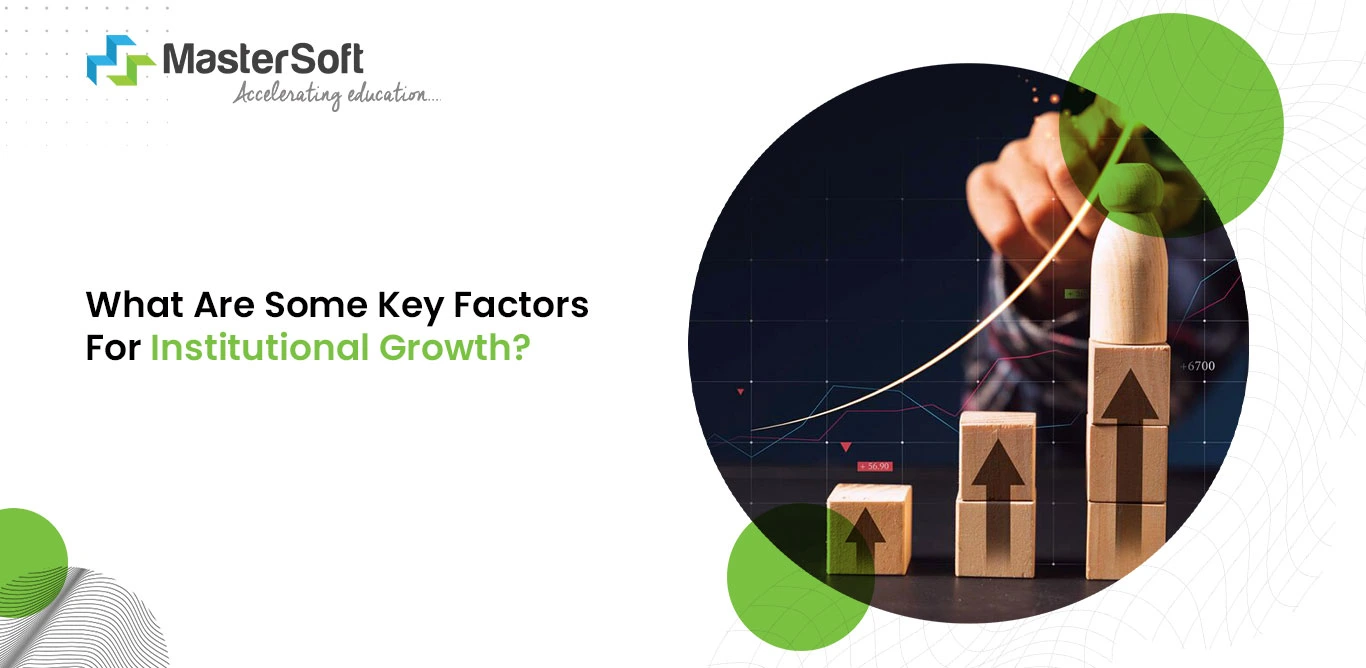




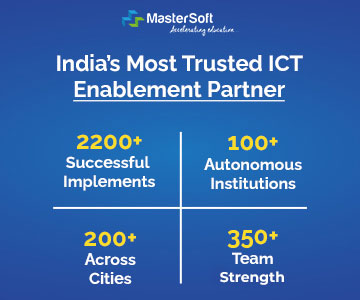

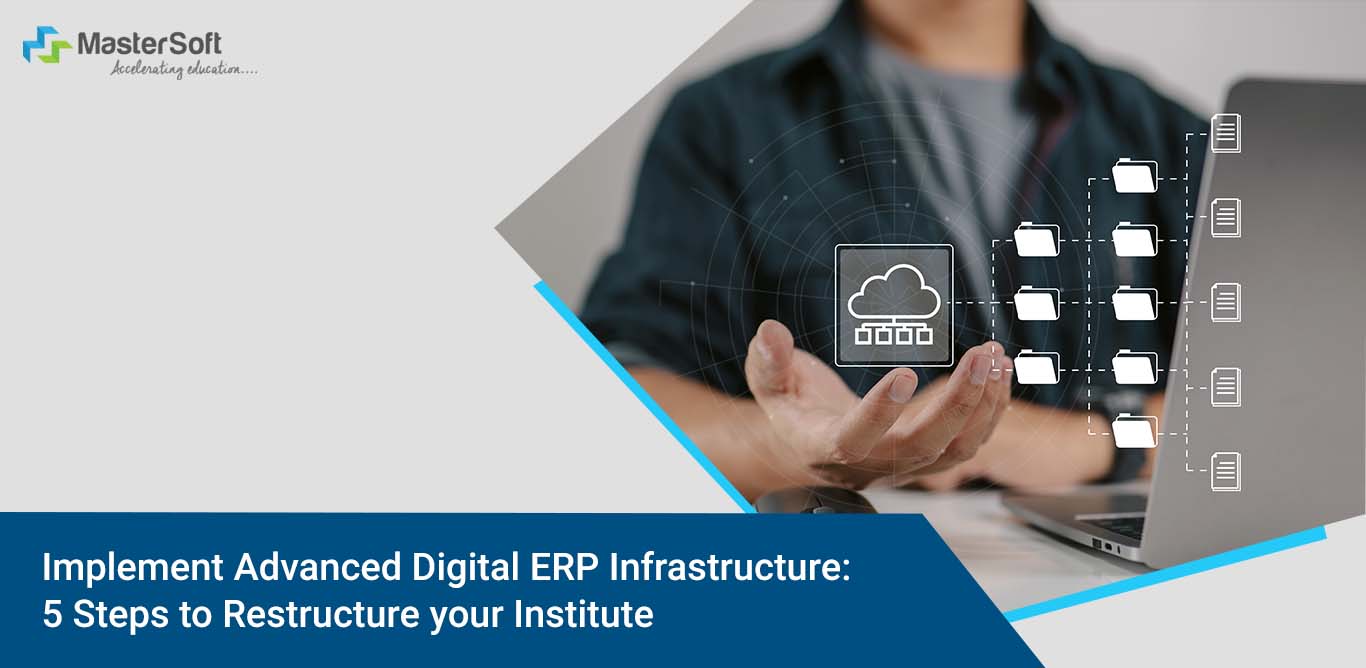
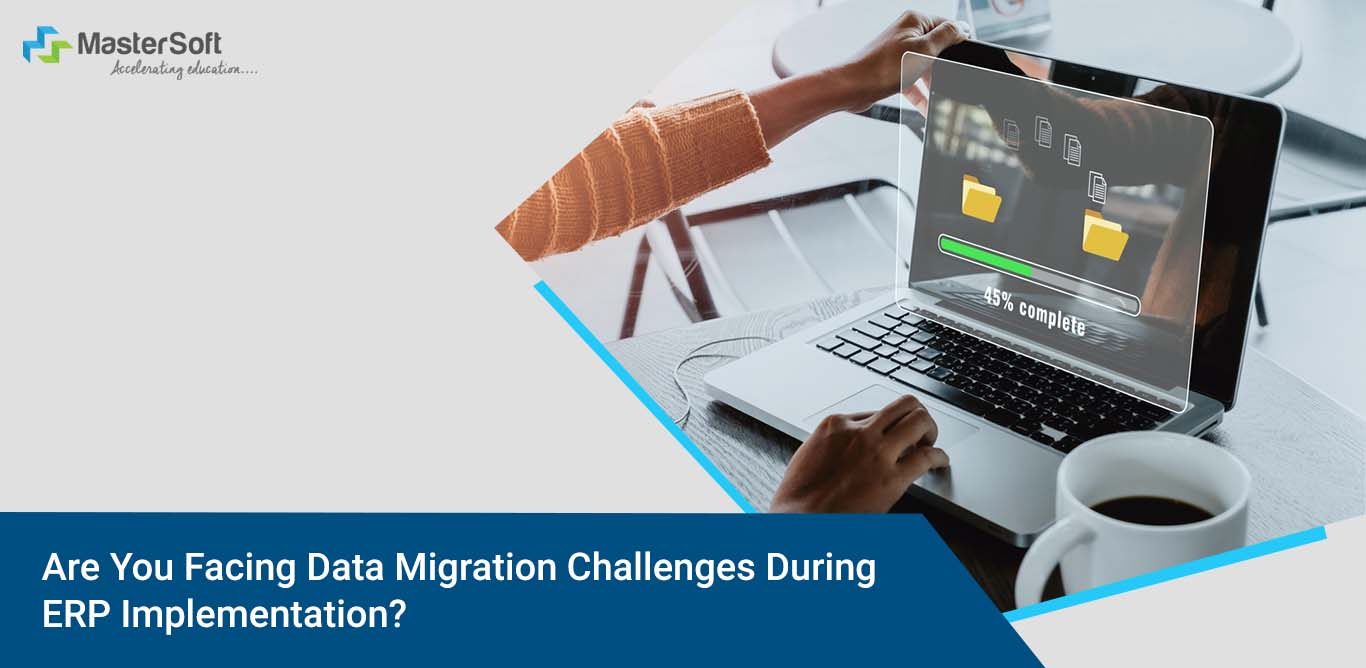
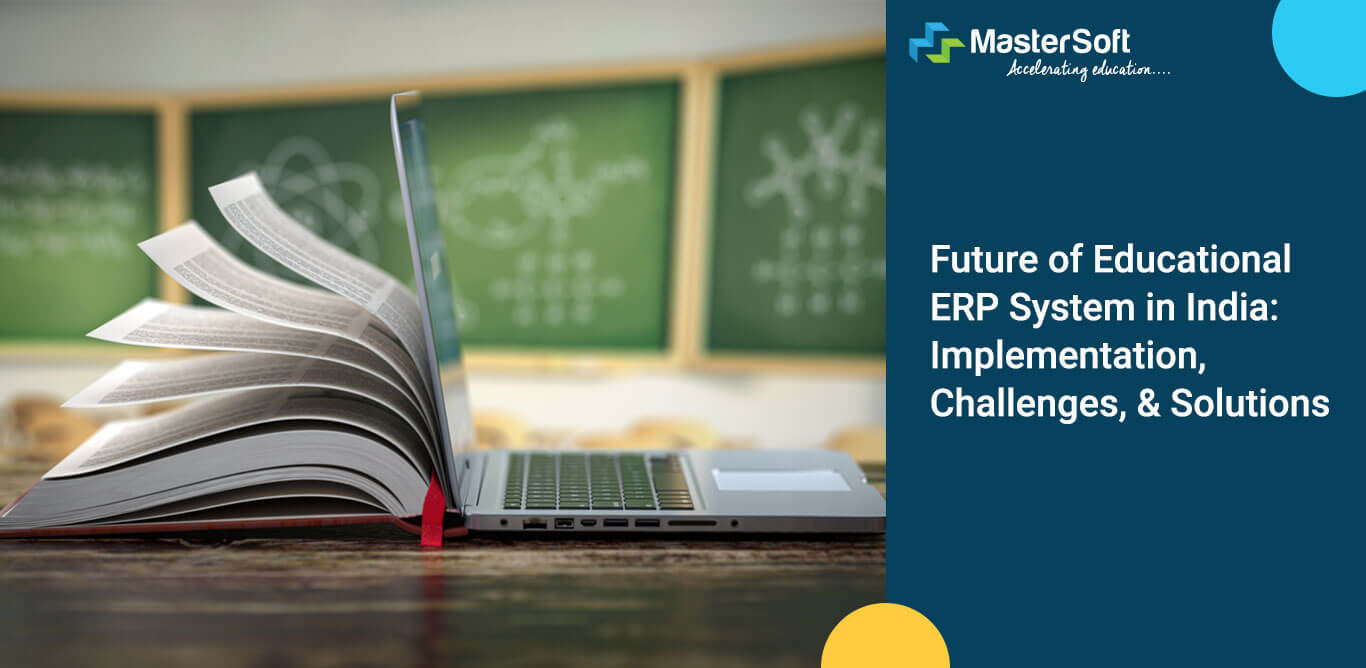
-widgets.jpg)